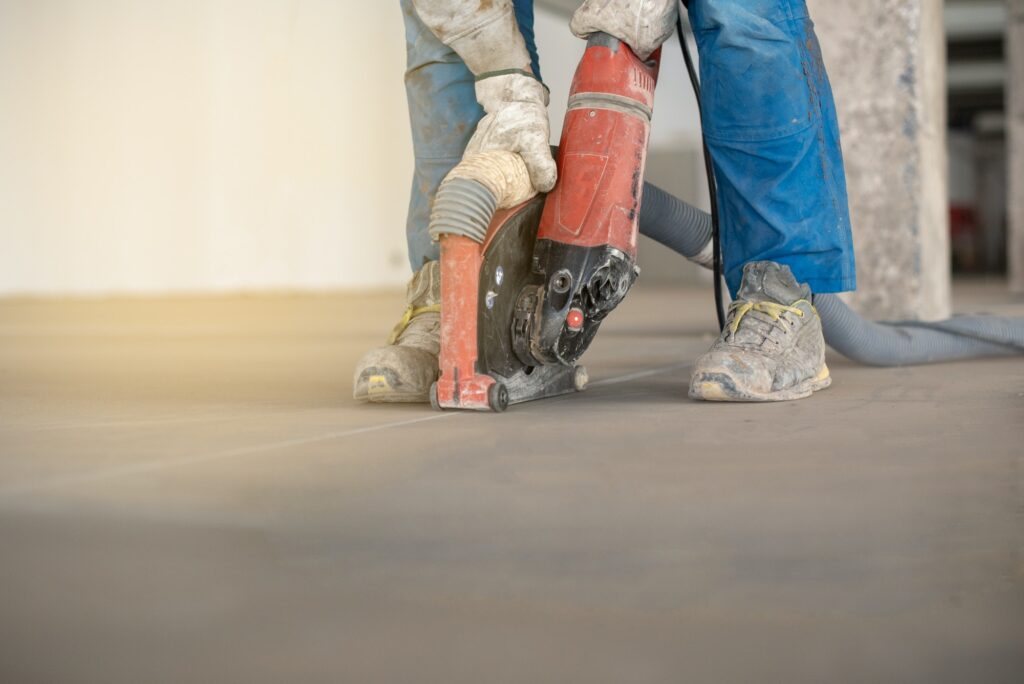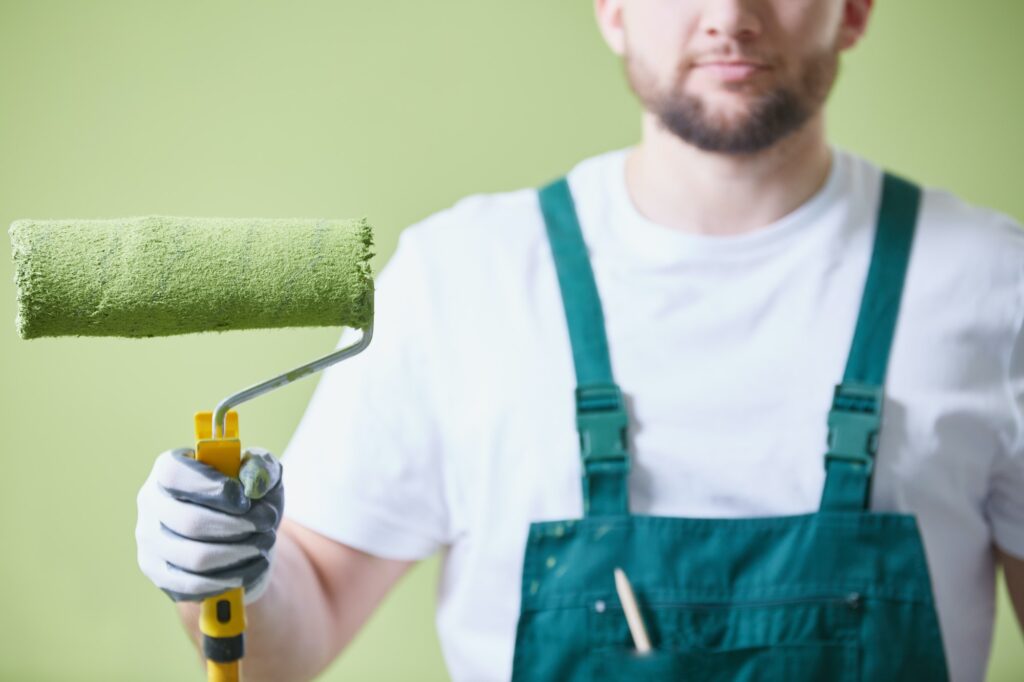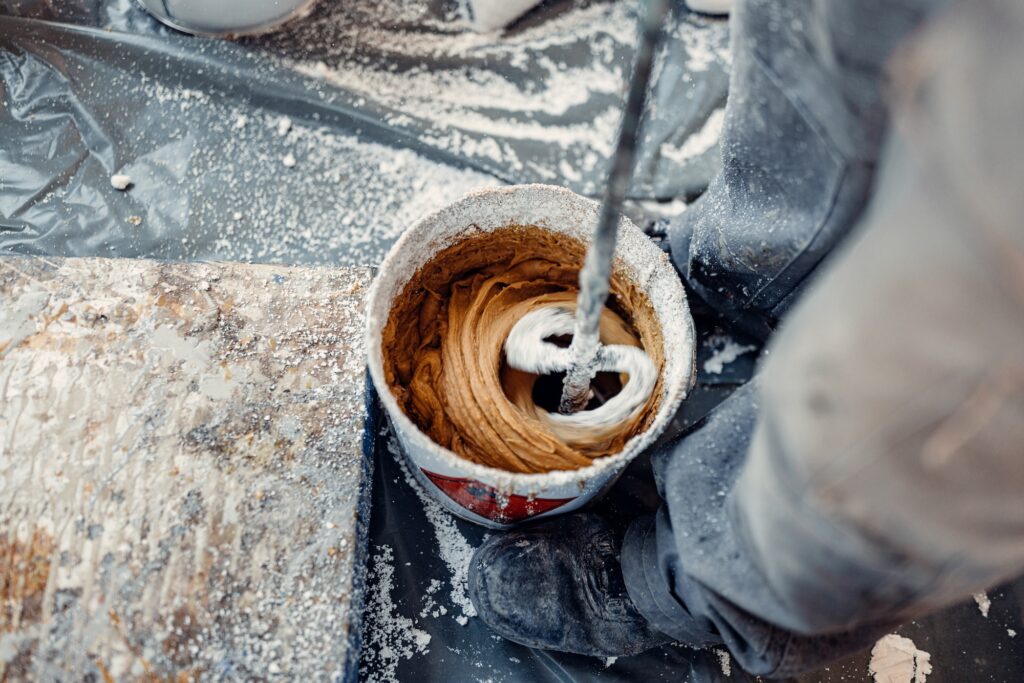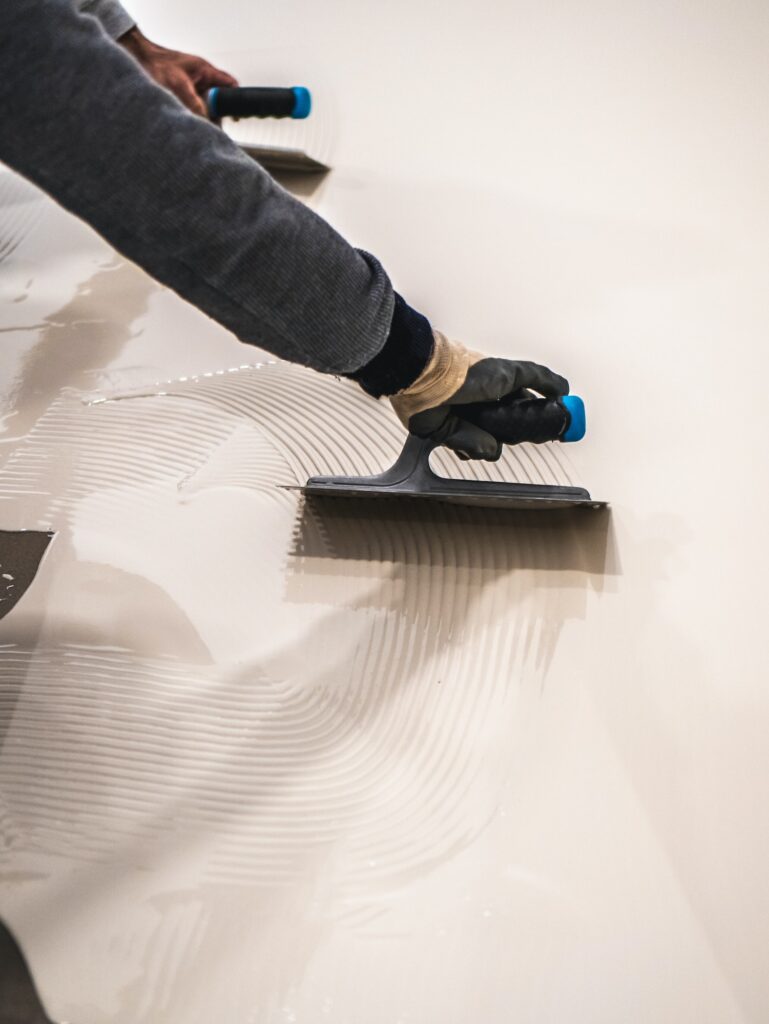
Epoxy resin flooring has gained popularity for its durability, versatility, and aesthetic appeal. Whether you’re considering a DIY project or planning to hire professionals, having the right tools at your disposal is crucial for achieving a flawless epoxy resin flooring installation. In this article, we’ll guide you through the essential tools you need to choose when working with epoxy resin flooring.
1. Moisture Meter: Ensuring a Dry Foundation
Before you even begin the epoxy resin application, it’s crucial to determine the moisture levels of the concrete substrate. A moisture meter helps you identify potential moisture issues that could impact the adhesion and longevity of the epoxy. Choose a reliable moisture meter to accurately assess the substrate’s moisture content.

2. Surface Preparation Tools: Creating the Right Profile
Proper surface preparation is the foundation of a successful epoxy flooring installation. Depending on the condition of the substrate, you may need tools like shot blasters, diamond grinders, or concrete scarifiers. These tools help create the right profile on the concrete, ensuring optimal adhesion of the epoxy resin.
3. Mixing Tools: Consistency is Key
Achieving a uniform and well-mixed epoxy resin is essential for a smooth and even application. Depending on the epoxy product you’re using, you might need a power drill with a mixing attachment or a specialized mixing machine. Consistently mixing the epoxy components ensures that the resin cures properly and delivers the desired results.

4. Notched Squeegee or Trowel: Applying the Base Coat
When applying the epoxy resin base coat, a notched squeegee or trowel is invaluable. These tools help spread the epoxy evenly across the surface, ensuring consistent thickness and coverage. Opt for a notched squeegee with the appropriate notch size to achieve the desired epoxy thickness.

5. Spike Shoes or Rollers: Eliminating Bubbles
To achieve a bubble-free and smooth epoxy surface, consider using spike shoes or rollers during the epoxy application. These tools help eliminate trapped air and ensure that the epoxy coats settle evenly. Properly using these tools can prevent the formation of unsightly bubbles or imperfections in the finished flooring.

6. Mixing Cups and Paddles: Precision in Proportions
Accurate mixing of epoxy resin components is crucial for achieving the desired chemical reaction and curing. Use graduated mixing cups and clean mixing paddles to ensure precise measurements and consistent mixing ratios. Proper proportions guarantee the epoxy’s performance and longevity.
7. Paint Brushes or Rollers: Detail Work
For intricate areas or edges that are difficult to access with larger tools, paint brushes or rollers can be handy. These tools allow for detailed work, ensuring that epoxy resin reaches all corners and edges uniformly. They’re particularly useful for achieving a neat and professional finish around fixtures and tight spaces.
8. Safety Gear: Protection First

Last but not least, prioritize safety. Proper personal protective equipment (PPE) is essential when working with epoxy resin. This includes gloves, safety goggles, respirators, and appropriate clothing. Epoxy resin can emit fumes and may irritate the skin, so taking safety precautions is paramount.
In conclusion, choosing the right tools is essential for a successful epoxy resin flooring installation. Each tool plays a specific role in the process, from surface preparation to the final application. By investing in high-quality tools and prioritizing safety, you’ll be well-equipped to achieve a stunning and durable epoxy resin floor that enhances your space’s aesthetics and functionality.
- Melap Portugal — guia de casinos online licenciados e também sites para apostas dentro de território português
- International Dating Challenges: How to SolveThem
- Znaki Sverige: nyheter om de verksamheter som påverkar den moderna världsbilden
- Best Pills for Erection: Your Comprehensive Guide to Enhanced Performance
- TOP 6 Epoxy Resin Applications in 3C Electronics Industry